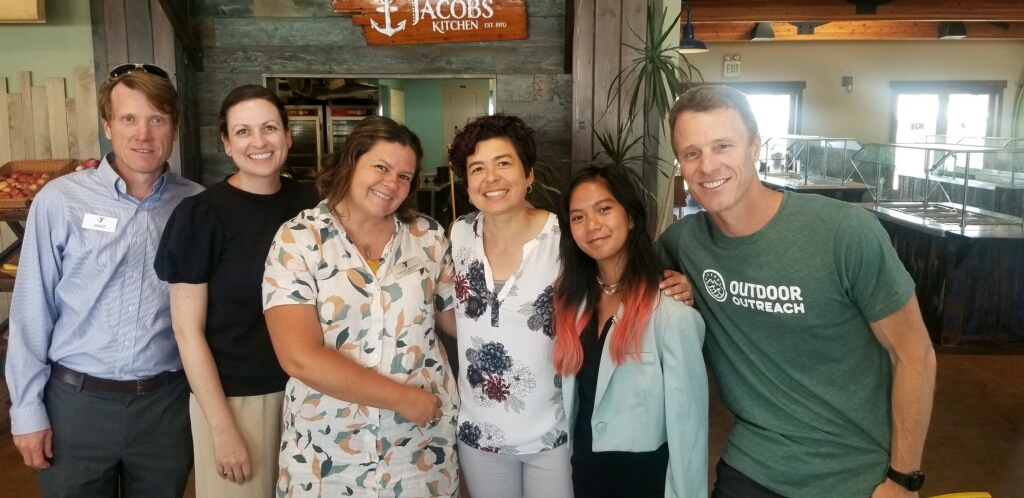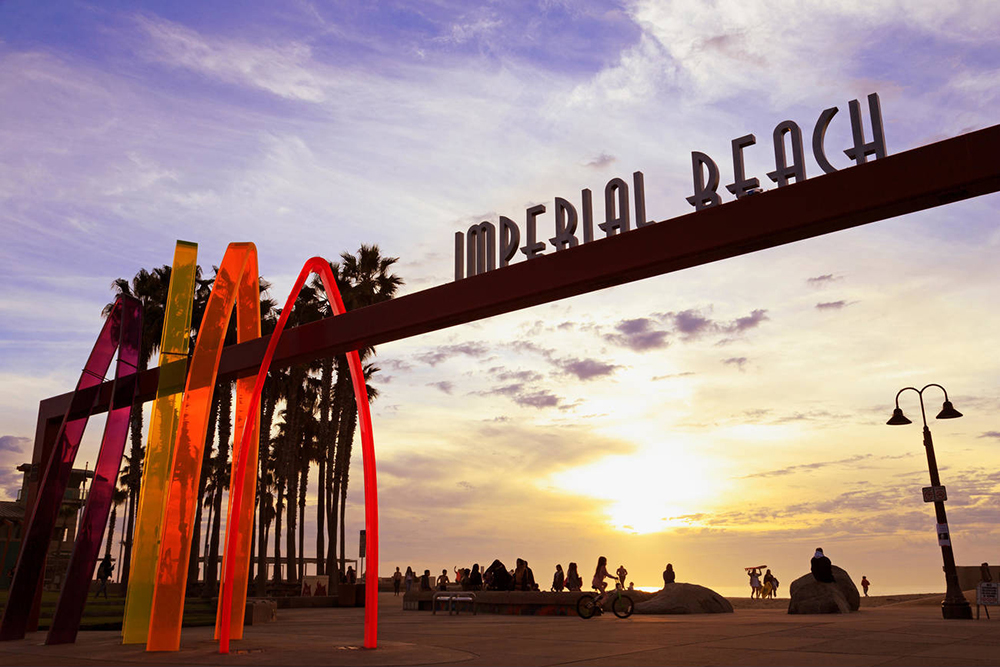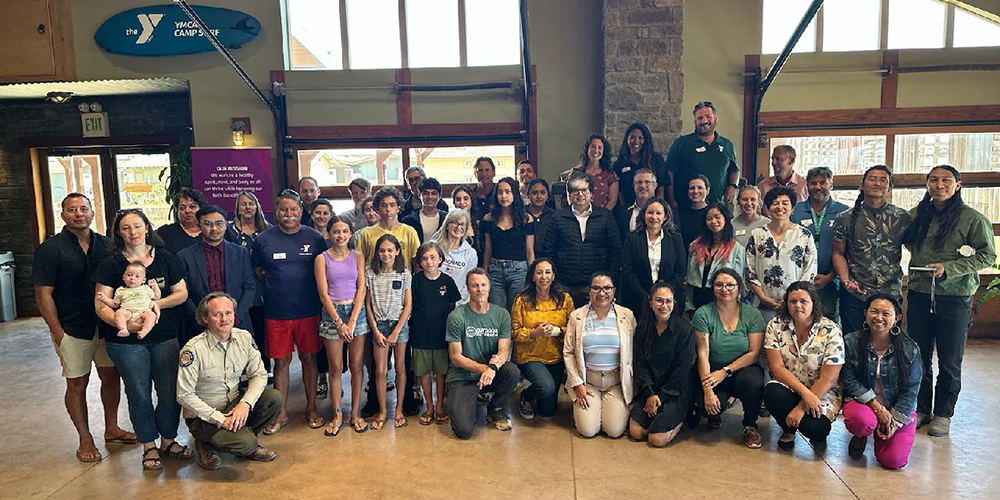For all of 2023, the main stretch of Imperial Beach in South San Diego County has been closed due to poor water quality and elevated bacterial levels due to toxic sewage from the Tijuana River. In fact, South County has endured beach closures for over a year and a half, and contamination has disproportionately plagued the area for decades.
Last month, the Board of Supervisors voted unanimously to continue a state of emergency due to pollution and sewage flowing across the U.S.-Mexico border. Additionally, locally elected politicians have recently demanded state and federal officials declare a state of emergency to rally resources to address the issue.
This issue not only affects the quality of life for those who live, play or work near South County beaches, but it also affects the ability of nonprofit providers in the region to provide low-cost or free programming to children and youth. To address this issue, Thrive Outside San Diego partners convened a safety and access roundtable this past summer to highlight this chronic, environmental injustice.
Long-Term Regional Issue
South San Diego County beach closures are a common occurrence in winter, when seasonal rain creases the Tijuana River flow beyond the capacity of the International Wastewater Treatment Plan in San Ysidro.
Unfortunately, summer is no better for the southern coast beaches, which include Imperial Beach and Coronado. During that time, pollution is carried north by ocean currents from Punta Bandera, a sewage treatment plant south of the border.
Beach closures were exacerbated this summer by two developments, including:
- The County of San Diego updated its water-quality testing method to a more sensitive, DNA-based system that often finds ocean water in the area above the safety threshold.
- It was an especially rainy year, including Tropical Storm Hilary, which has meant more sewage outflows from the Tijuana River.
Impact on South County Families
The community impact tied to beach closures, particularly for children, youth, their families, and program providers in the South Bay is dire.
This community faces systemic barriers to safe and accessible outdoor space, and with the beach closures making open water skill development and recreation opportunities are even more inaccessible. South Bay’s youth are losing critical opportunities.
The continued beach closures are also forcing San Diego Foundation’s nonprofit partners to end or reduce programming that is free or reduced price and conveniently located for residents, especially youth who have yet to visit the beach for the first time.
Convening Around the Issue
To raise awareness of how this ongoing environmental justice crisis damages public health and safety, quality of life and the local economy, Thrive Outside partners held a safety and access roundtable event this summer.
During the event, Thrive Outside partners came together in Imperial Beach with community organizations, youth, and families to discuss the impact of beach closures on youth and program providers.
As an outcome of the discussion, Thrive Outside partners Outdoor Outreach and the YMCA of San Diego County drafted letters calling for environmental justice to Gov. Gavin Newsom and U.S. President Joe Biden. The letters encourage declaring a federal state of emergency for the Tijuana River transboundary pollution crisis to bring more financial resources to repair and upgrade the International Wastewater Treatment Plant.
Together, organizers and attendees at the event hope to bring more attention and awareness of how this issue affects access to the outdoors, a critical component of improved mental and physical health and well-being.
About Thrive Outside
Led by San Diego Foundation, Thrive Outside is an equity-focused program that brings together diverse stakeholders to create more inclusive, representative and accessible outdoor learning experiences for underserved San Diegans. San Diego County is rich with parks and green space, however, not all San Diegans have equal access to the outdoors.
Many of our region’s low-income, ethnically diverse communities also have the least amount of natural space. Since 2020, Thrive Outside has served over 9,000 young people per year in our region, 90% of whom qualified for a free or reduced lunch and 84% of whom identify as Black, Latino/a and/or Asian-Pacific Islander.
Learn more about Thrive Outside.




